-
•
•
72 responses
Not long ago, on the way to church one Sunday, my son, recently turned twelve, asked me, “Why do I have to wear a tie to church?” Instead of directly answering that question, which would reveal his parents’ rather curtailed ability to compel behavior in their almost-teenage children much earlier than I’d like and short-circuit the altogether salutary process of his exploring those limits in person, I told him why I wear a tie to church. Read More
-
•
•
22 responses
What do you do to commemorate Christ’s resurrection? Modern culture, at least publicly, outside of Christian churches, doesn’t celebrate Easter as much as many other holidays or commemorations. Christmas, Halloween, Independence Day, Memorial Day and Valentines Day all seem to get more attention. I suspect that this is, at least in part, because they have become more commercial, and in doing so have captured the imagination of the public. And to a degree this happens for Easter also, but for some reason the commercialization is not nearly as strong as Christmas, for example. The Easter Bunny just isn’t as popular… Read More
-
•
•
9 responses
It was the women who loved him who were willing to reproach him. First it was his mother: “Son, why hast thou thus dealt with us? behold, thy father and I have sought thee sorrowing” (Luke 2:48-54). She did not understand his actions, this little twelve-year old son of hers. And he didn’t seem to understand her distress. Was he preoccupied in his work, his private calling? Was he unaware of how his actions would make her feel, as emotionally obtuse as only a confident child can be? There was no apology, but his words certainly gave his mother something… Read More
-
•
•
Ladies and gentlemen, the new Maxwell Institute Blog is now live. Check out the announcement about the newly reconstituted Mormon Studies Review. Read More
-
•
•
57 responses
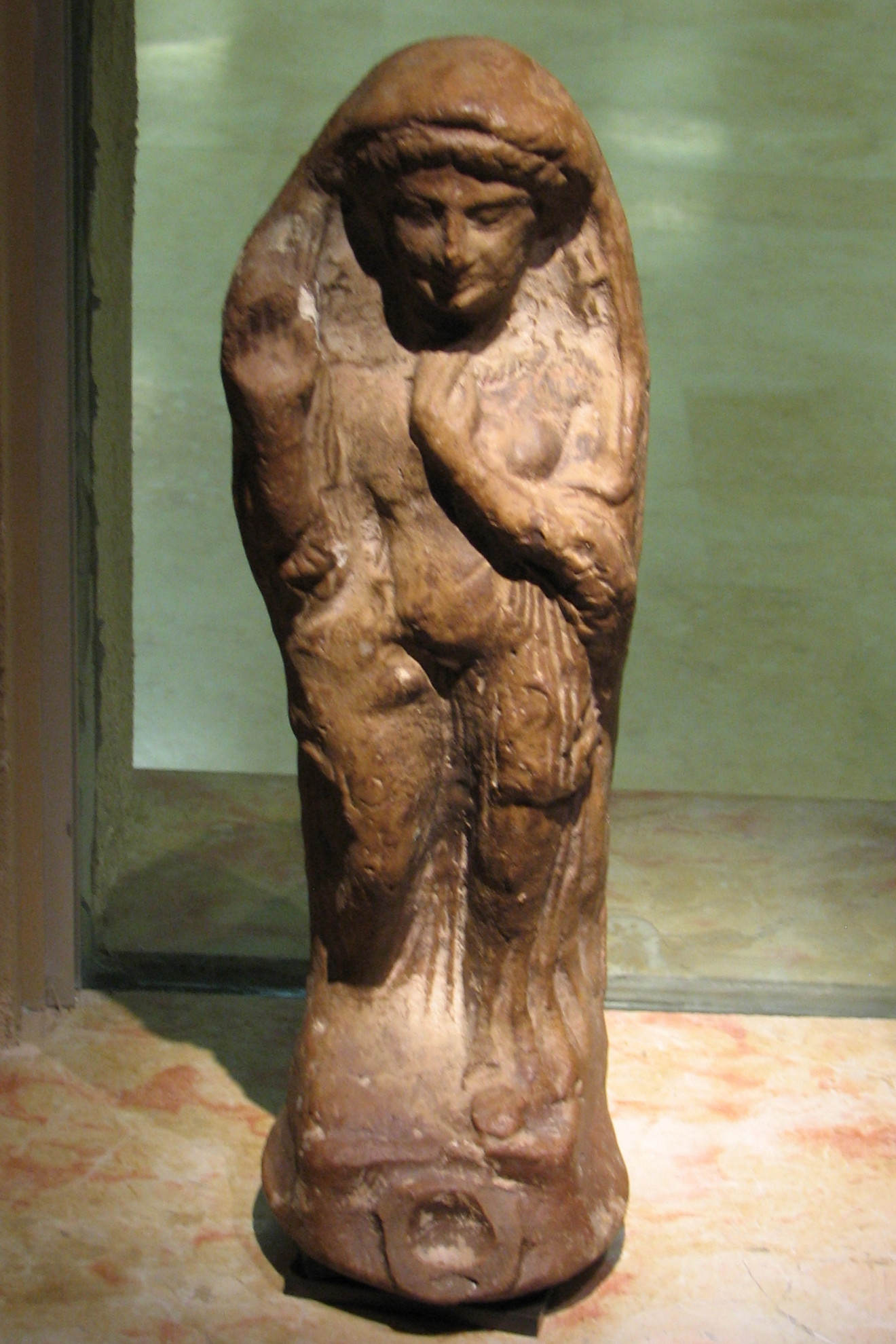
Not long ago I wrote a piece about mommy blogs, feminism, and the publishing industry. My basic thesis was that if you believe in the reality of historical oppression of women, you ought to be deeply skeptical of the current trend to define gender equality as equal representation of men and women in institutions which are inextricably connected to the historical oppression. To the extent that women have to conform to the expectations of those institutions, our haste to create a better world for women may in some cases be doing the exact opposite. I realize that part of the… Read More
-
•
•
145 responses

I think that the Church should end its relationship with the Scouting program, but not for the reasons you might think. No, this isn’t a post about homosexuality or even about gender equity, or at least about gender equity as it usually gets discussed on this issue. Indeed, in many ways, I think that girls are served better by the Church than are boys. This is because I think that in many ways that YW program is superior to the YM program. It is true that in some units more gets spent per young men than per young women. This… Read More
-
•
•
2 responses
Lesson 13 of this year’s Gospel Doctrine manual reviews some of the most important contributions of Joseph Smith—the scriptures he brought forth. Through Joseph Smith we have not only the Book of Mormon, but also the Doctrine and Covenants, Pearl of Great Price and the inspired version of the Bible. In addition, Joseph Smith provided important clarifications of doctrine upon which much of Mormon doctrine is founded. The following poem addresses Smith’s inspired writings. Read More
-
•
•
9 responses

One issue that appears repeatedly when studying scripture is dealing with conflicting accounts and multiple perspectives. We have four Gospels that vary in detail, several creation stories, both inside the Bible (Gen 1-2:4, 2:4ff, and the scattered watery Chaoskampf account), and outside (Genesis accounts, Book of Moses, Book of Abraham, Temple), as well as two conflicting accounts of Israelite history (Samuel-Kings vs. Chronicles), and two interpretations of the destruction of Ammonihah (Alma 16-17 vs 25, see Grant Hardy’s article). Our modern tendency is to treat all of these, and indeed nearly all scripture, strictly as history, although bad or inaccurate… Read More
-
•
•
29 responses
Times and Seasons began life, in November 2003, as an institution where men held all leadership and speaking positions. Really! There were four of us: Adam, Matt, Nate, and me; the first post was by Adam. And we men all felt very important in our roles as T&S bloggers. In fact, we felt so important that we added four more men to the group in quick succession: Greg, Gordon, Jim and Russell. You will note the distinct lack of women’s voices. It was a male-only Permabloggerhood, so to speak. Men and women are different, you know: Men blog, and women… Read More
-
•
•
39 responses
One issue that people seem to raise against extending priesthood to women is its effect on men. Men, the argument goes, will be less engaged in the Church if priesthood is not a male-only domain. Because this is a practical, rather than a normative, claim, it doesn’t call for a revelatory solution. Moreover, to the extent male engagement is a real problem, the problem continues even if and after the prophet receives a revelation making priesthood available to men and women. And if it’s a real problem, we need to deal with it. Keeping men engaged at the expense of women… Read More
-
•
•
176 responses
This post is a follow up to Kaimi’s thoughtful post I’m a Mormon, and I believe that women… For the record, I don’t actually “believe that women should be eligible for Priesthood ordination.” Rather, I think it would be helpful and I see no overriding reason why it shouldn’t happen. Neither do I see scriptural/doctrinal evidence to show that the scriptural “man” means “mankind” most of the time — but only males when it pertains to the priesthood. I do not believe the issue has been addressed completely. Authoritative statements seem to indicate a long-term acceptance of cultural patriarchy rather… Read More
-
•
•
134 responses

… should not get ordained to the priesthood. I know that reasonable chairs can disagree, but as Frank’s easy chair, I know what to expect once women are ordained. Frank is going to spend a lot more time sitting on me. Probably asleep. Sure, it will start with a little story time to the kids, but the end is both obvious and predictable. Naptime. Admittedly, I have a steel reinforced frame and ample cushioning, but Frank is not a light guy. Nor, to put it frankly, is he getting any lighter as the years pass. So if you care about… Read More
-
•
•
95 responses
. . . should be eligible for Priesthood ordination. So do these other lovely people. Please check out some of the profiles, if it’s a topic that interests you, or visit our facebook page for more discussion. I know it’s not everyone’s cup of tea, and I know that reasonable people can disagree here. But I do think that one can very much believe in female ordination within the Mormon framework. It fits well into the narrative of ever-expanding Priesthood eligibility in LDS theology, I think (ever-expanding circles from Levites to Israelites to Gentiles, and finally to all men in… Read More
-
•
•
One response
This collection of essays based on the interviews in the Claremont Oral History collection is well worth reading for anyone who wants a better understanding of modern LDS women. Read More
-
•
•
28 responses
I saw two examples of church-produced media in recent weeks; one was nearly perfect in every way and the other was . . . the opposite. Read More
-
•
•
22 responses
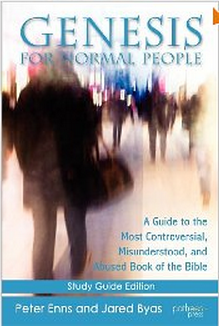
One of the problems that crops up with Genesis is its proper context, its genre, what background it should be read against (modern science or ancient Near East?) That is, modern western English readers have a particular (modern) worldview with various questions and issues. When they read Genesis, they naturally place it into that setting, and read it against that (modern) background, which creates conflict. It’s as if we’ve summoned an expert witness to trial, only to surprise her with questions far outside her area of expertise. Although she gives strong indications to that effect, the judge forcefully says, “Just… Read More
-
•
•
24 responses
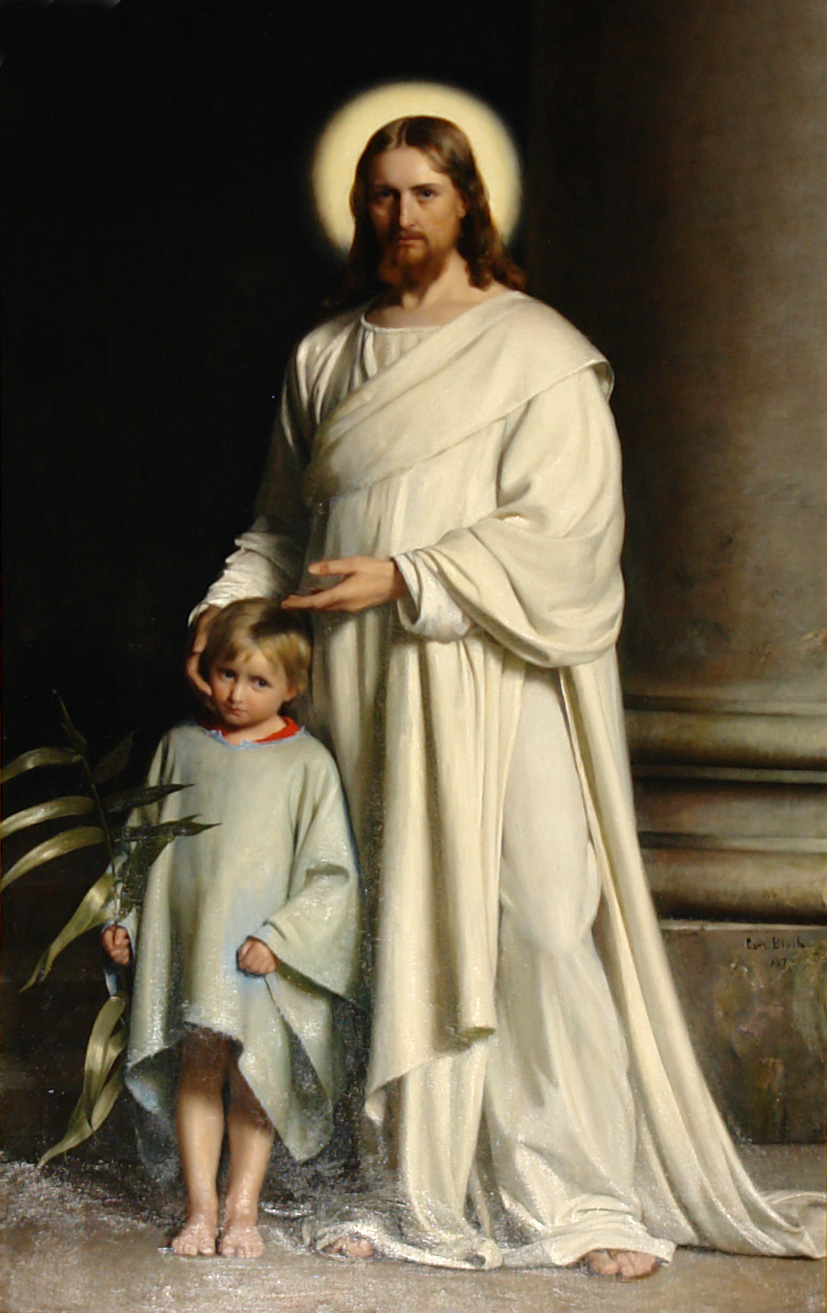
I believe in theology as a kind of worship. To spend time and effort in the attempt to reason out the philosophical context for and implications of Mormon doctrine is an affirmation of the authenticity with which we embrace that doctrine. Intellectually wrestling with the angels is thus properly seen as an individual responsibility rather than an institutional prerogative. Theology can never take the place of other forms of worship–from music to service–but it can and should exist alongside them. One of the important things to note about this conception of theology is that, in this as in all endeavors,… Read More
-
•
•
5 responses
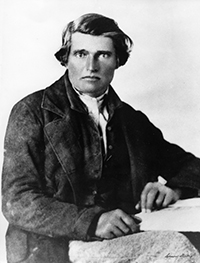
One of the most modified Mormon doctrines is the doctrine of the gathering—the idea that Church members should move to a central gathering spot to build up Zion in this dispensation. D&C lesson 12 teaches about this doctrine, the subject of many of the sections in the Doctrine and Covenants. Under this doctrine, Mormons have “gathered” to Kirtland, Ohio, Independence, Missouri and other areas in that state, Nauvoo, Illinois and Salt Lake City, Utah and perhaps other places. Other Mormon sects have likewise sought to gather members to central locations. Hundreds of thousands of converts have left their homes to… Read More
-
•
•
2 responses
One of the early focuses of the Doctrine and Covenants is missionary work. Repeatedly the Lord advises the Church in revelation that “the field is white, already to harvest,” and encourages missionaries to labor with “all your heart, might, mind and strength.” Church members are urged to prepare and to “open your mouths” to warn and convert neighbors. And these themes did appear in early Mormon poetry, including this work, which was written by the first Mormon missionary to die in the field outside of the United States, Lorenzo D. Barnes. Read More
-
•
•
One response
Chapter 6 of the Lorenzo Snow manual discusses President Snow’s teachings about perfection—his encouragement of gradual improvement, diligence and patience and the role of repentance in obtaining perfection. One of the concepts that stands out to me is the requirement for patience and endurance in reaching perfection. These themes can also be found in his sister’s poem that follows. Read More
-
•
•
11 responses

As I lie in bed before falling asleep, the mental inventory of the day can take a toll, inevitably a combo of Jesus’ “these you ought to have done without leaving the others undone” and Paul’s “I do not act as I mean to… the good things I intend to do, I never do.” [1. These are paraphrased, and read more as pertaining to to-do lists than moral obligations.] Among all the other omissions and commissions of modern life, it’s very healthy to have at least one personal victory each day. If that personal victory turns out to have mental, physical, and emotional… Read More
-
•
•
36 responses
I wish that we, Mormons, especially those raised in the church, would assume that we know as little about other religions as we complain they know about us. Read More
-
•
•
133 responses
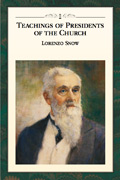
In 1840, almost nine years before being called as an LDS apostle, while he was listening to a friend read from the scriptures, Lorenzo Snow experienced a sudden enlightenment that he apparently regarded as a revelation from God. He summarized his enlightenment in this well known verse (which I’ll call the Couplet): As man now is, God once was: As God now is, man may be. Neither the Couplet, nor any alternative account of Lorenzo Snow’s pre-apostolic claimed revelation, has been canonized. It is not scripture. The first part of the Couplet in particular encourages the belief by rank and… Read More
-
•
•
43 responses
Recently, the U.S. Tax Court issued an opinion of at least glancing interest to the Mormon community (and, for that matter, any tithe-paying religious community). The plaintiff in the case is the president of Compliance Innovations, Inc. He’s also a life-long Mormon who currently serves as a shift coordinator at the Manhattan temple and a stake scouting coordinator in his New Jersey stake. Also, George has incredible outstanding tax liabilities. Read More
-
•
•
39 responses

The hardest time of my mission, and one of the hardest time of my life, was serving as an office elder. The job was incredibly stressful. I had days that started at 4 AM and did not end until after 10 PM. The worst part of the job, however, was that there was no teaching. Neither the office elders nor the AP’s had had a teaching pool in the memory of anyone in the mission. In the 6 months that I served in the office, I had time to go tracting exactly once. I vividly remember getting on my knees one Saturday evening, and telling God… Read More
-
•
•
52 responses
And so we have a tension: the imperative to share our testimony, and by so testifying to reinforce and strengthen it, opposed to the need to keep our most sacred knowledge untarnished and protected from the cheapness of overexposure. Read More
-
•
•
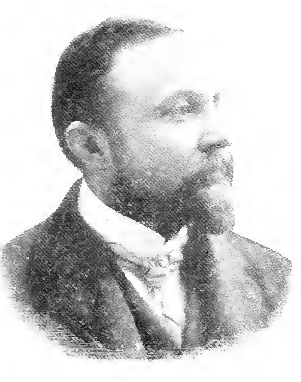
Lorenzo Snow’s teachings on man’s destiny and on the nature of God have often been met with both criticism from non-Mormons and wonder from members. His couplet about the past of God and the future of man (mentioned in the lesson), encapsulates an important part of Mormon theology, something that has been even encapsulated in our poetry, such as in his sister Eliza’s well-known poem, today sung as the hymn O My Father. But that hymn is not the only poetical expression of these teachings. Read More
-
•
•
Lesson 10 of the Gospel Doctrine manual for the Doctrine and Covenants is one of those lessons that is a bit hard to characterize. It covers D&C 25, addressing subjects like “husbands and wives should support and comfort each other,” “meekness and pride,” and “rejoice and be of good cheer.” I found it hard to come up with a single subject that covers all of this, and the best I could do is a poem about friendship. Read More
-
•
•
73 responses
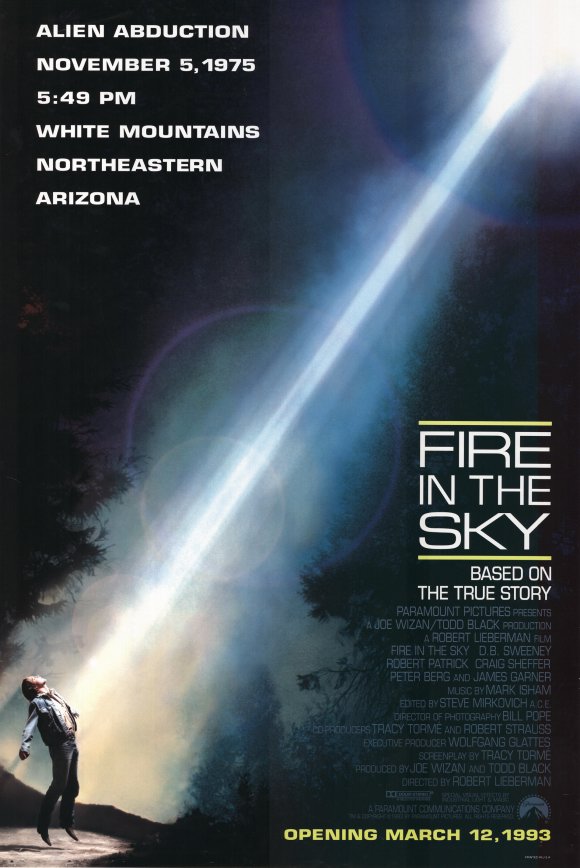
Over the last two posts I’ve outlined a view that a religion is a system of beliefs and institutions that serves to help people find meaning and make sense of the world, and that in modernity a secular religion has emerged. (I used the “scientism”, but Alvin Plantinga uses “naturalism”, that’s probably better.) I also argued that all religions come in essentially two varieties. Authentic religion emphasizes the struggle to respond to life’s questions. Inauthentic religion promises relief from the struggle with easily attained answers. It effectively outsources our existential struggle: to an inerrant Bible, to an inerrant Church hierarchy,… Read More
-
•
•
13 responses
I’ve had this post half written for a while, and one of the changes in the new LDS scriptures has prompted me to emerge from my cave to finish it. The introductory section to the Bible Dictionary has been rewritten with some interesting twists. The old version is still available at the “classic” scripture site, classic.scriptures.lds.org. The oft-ignored disavaowal of the BD as an official position or revelation therein remains, I’m happy to report, as does the statement that the BD represents (light) scholarship, and is subject to scholarly revision. It seems few people know that the original BD was a revision of the Cambridge Bible… Read More
